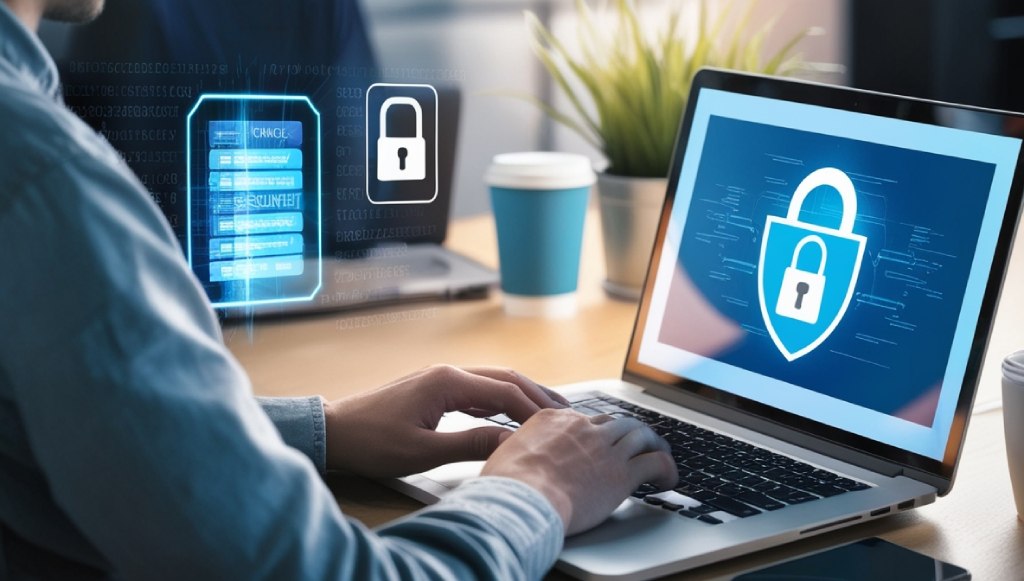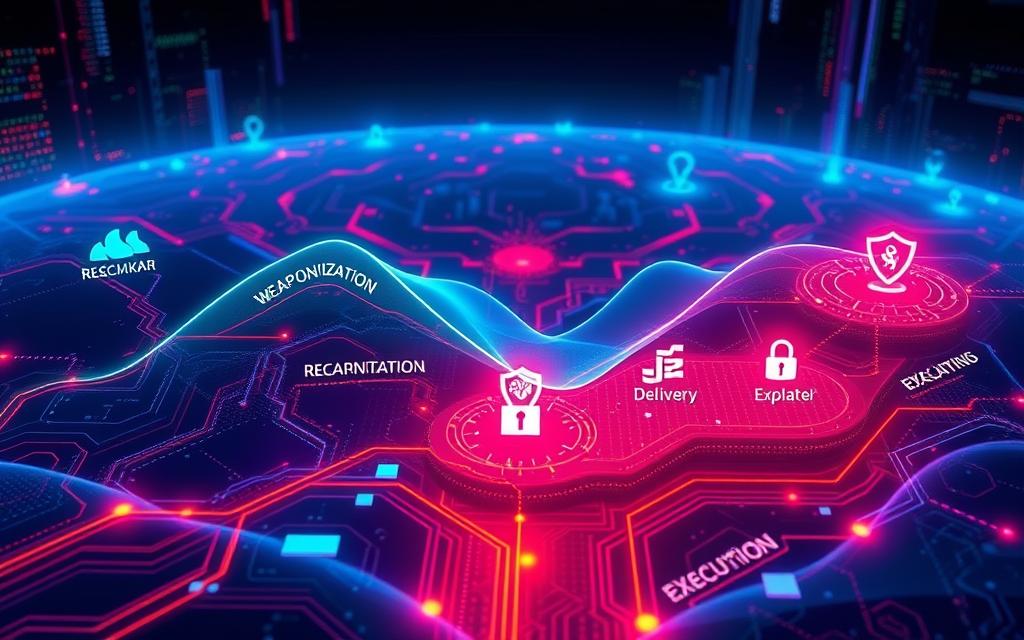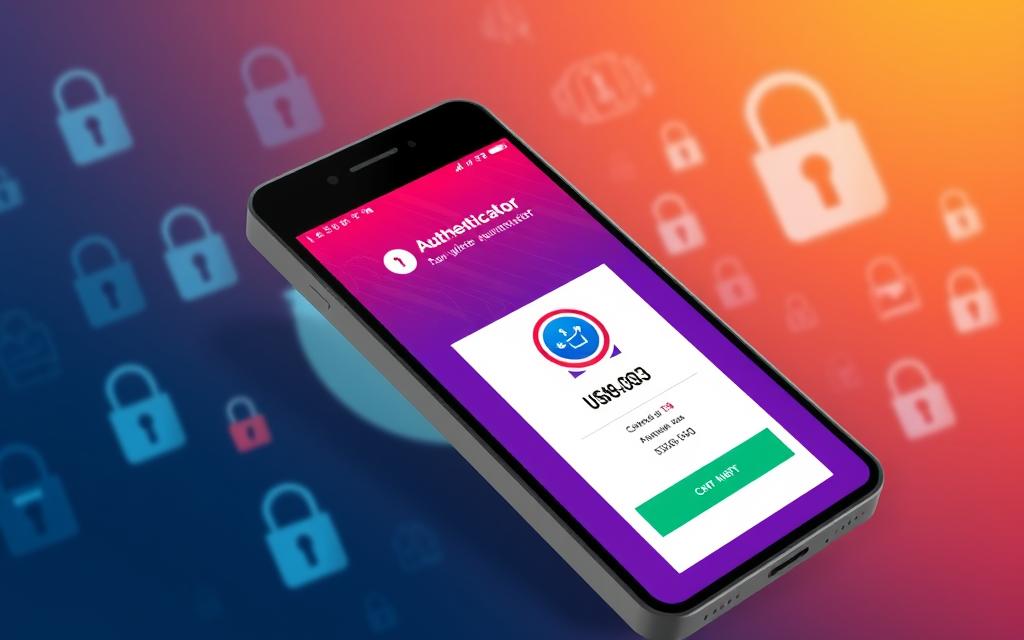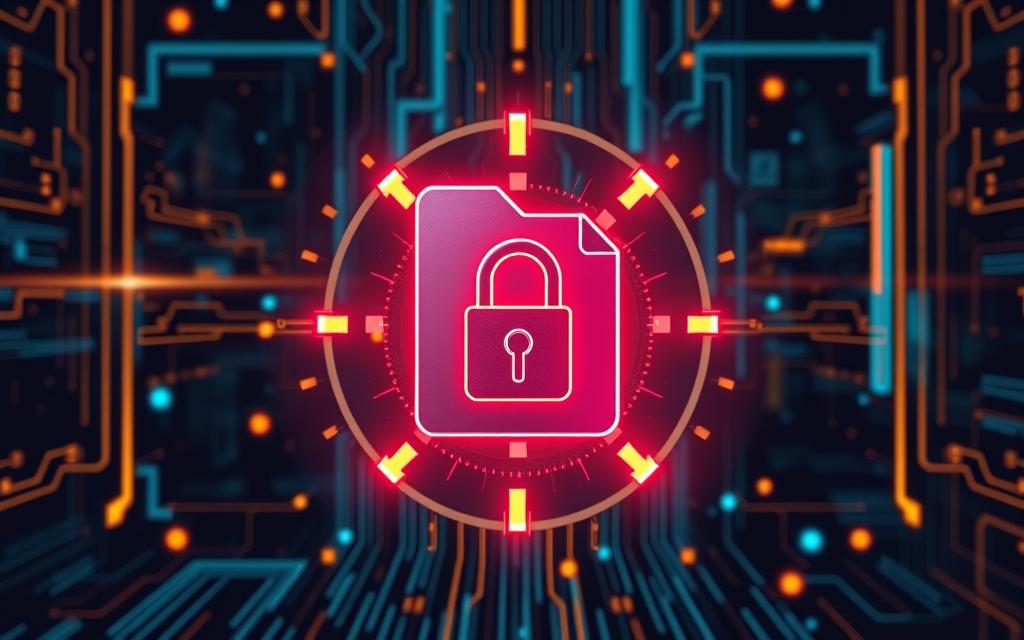cybersecarmor.com – What is cyber security? Learn how it protects your data, networks, and devices from cyber threats, and discover best practices for staying safe online. In today’s fast-paced, digital world, staying secure online is more important than ever. From browsing social media to managing finances or work projects, everything happens on the internet—and that opens the door to potential cyber threats. As more of our personal and professional lives move online, understanding what is cyber security becomes essential. The truth is, hackers are getting smarter, and cyberattacks are becoming more frequent and sophisticated. Whether it’s protecting sensitive personal information or ensuring the safety of large organizations, cyber security plays a vital role in keeping our digital lives safe and secure. What is Cyber Security? At its core, cyber security refers to the practices, technologies, and processes that protect systems, networks, and data from attacks or unauthorized access. Think of it as your digital bodyguard—always on alert, defending your online presence. Cyber security ensures that personal information stays private and helps prevent malicious attacks from interfering with day-to-day operations for businesses and individuals. Why Cyber Security Matters The importance of cyber security extends beyond just protecting devices. A single breach can have devastating effects. From personal identity theft to multimillion-dollar damages for companies, cyberattacks leave deep impacts. This is why organizations invest heavily in cyber security measures. But even as individuals, we must understand and adopt online safety practices. Types of Cyber Security 1. Network Security Network security involves protecting the internal networks of businesses or personal setups from unauthorized access. It ensures that hackers can’t sneak into your Wi-Fi or office systems. Firewalls, Virtual Private Networks (VPNs), and Intrusion Detection Systems (IDS) are common tools used to safeguard networks. 2. Information Security (InfoSec) InfoSec is all about keeping sensitive data safe from prying eyes. This type of security ensures the confidentiality, integrity, and availability of information, whether it’s stored in databases or traveling through emails. 3. Application Security Ever wondered if your favorite app is safe? Application security involves securing apps from hackers by identifying vulnerabilities during development and patching them. This is crucial to prevent attacks like code injection or malware spreading through apps. 4. Cloud Security With data shifting to cloud platforms like Google Drive or Dropbox, cloud security focuses on protecting information stored in the cloud. Encryption and multi-factor authentication (MFA) are key components here. 5. Endpoint Security This type of security protects devices that access a network, such as smartphones, laptops, and tablets. Endpoint security ensures that even remote devices are secure, preventing them from becoming entry points for attackers. 6. Identity and Access Management (IAM) IAM systems ensure that only authorized individuals have access to certain resources. These systems manage user permissions and credentials to reduce the chances of data leaks. Common Cyber Threats 1. Malware (Viruses, Ransomware, Spyware) Malware is malicious software designed to damage or steal data. Ransomware locks your system until you pay a ransom, while spyware secretly collects your data. 2. Phishing Attacks Phishing attacks involve scammers trying to trick people into sharing personal information, such as passwords or credit card numbers, often via fake emails or messages. 3. Distributed Denial of Service (DDoS) Attacks A DDoS attack overwhelms a system with traffic, causing websites to crash. These attacks aim to disrupt services, often targeting major websites or services. 4. Man-in-the-Middle (MITM) Attacks In an MITM attack, a hacker intercepts communication between two parties to steal information, such as login credentials or financial data. 5. Zero-Day Exploits A zero-day exploit takes advantage of a software vulnerability before developers can patch it, leaving systems vulnerable. How Cyber Security Works Firewalls and Intrusion Detection Systems (IDS) Firewalls act like security gates, blocking unauthorized traffic. Intrusion Detection Systems monitor network traffic for suspicious activity. Encryption Encryption scrambles data so only authorized users can access it. It ensures your data remains safe even if intercepted during transmission. Multi-Factor Authentication (MFA) MFA adds an extra layer of security by requiring users to verify their identity through multiple methods, such as a password and a phone code. Security Information and Event Management (SIEM) SIEM systems monitor systems in real-time and alert security teams of potential threats. Importance of Cyber Security In our interconnected world, cyber security is essential for individuals, businesses, and governments. Every time you use the internet—whether for banking, shopping, or communication—your data is at risk. With the rise of sophisticated attacks, cyber security is more critical than ever. Here’s a deeper look into why it matters. 1. Protecting Personal Data Your personal information—such as passwords, credit card details, and social media accounts—has become a prime target for cybercriminals. Identity theft and financial fraud are common outcomes of personal data breaches. Identity theft: Hackers can steal your personal details and use them to open bank accounts or apply for loans in your name. Financial fraud: Attackers can access your credit cards or online wallets, leading to unauthorized transactions. Data leaks: Information shared online, such as photos or medical records, could be exposed if not properly protected. With strong cyber security practices, individuals can prevent these risks and ensure their sensitive information remains private. Encryption, two-factor authentication, and antivirus software help shield personal data from hackers. 2. Business Continuity For businesses, cyber security ensures smooth operations even in the face of attacks. Imagine a situation where an e-commerce platform gets hacked—customers wouldn’t be able to place orders, leading to lost revenue and reputational damage. Ransomware attacks can cripple businesses by locking their systems until a ransom is paid. DDoS attacks can bring down websites, making them inaccessible to users for hours or days. Without effective security measures, businesses risk downtime, lost customers, and financial losses. Proactive cyber security strategies—like data backups, disaster recovery plans, and continuous monitoring—help companies maintain business continuity and quickly bounce back from attacks. 3. Compliance with Regulations Governments worldwide enforce laws to ensure that businesses protect their users’ data. Failing to comply with these regulations can result in hefty fines





